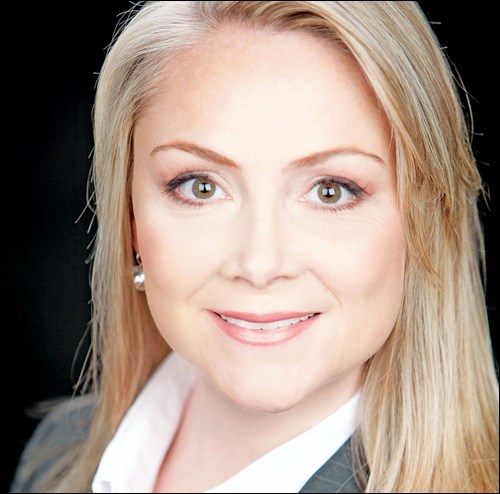Thinking of selling your cottage, cabin, or recreational property? Unless it’s truly your principal residence, the Canada Revenue Agency (CRA) will want its share of any capital gain you make on the sale. It calculates the capital gain as the proceeds of the sale minus the cost of selling and the adjusted cost base (ACB). Here’s where you can find ways to cut the tax take. But a note of caution: The CRA are fully aware of ACB games people play with cottage sales, so ensure that all the components of the ACB are documented and are all bona fide.
Calculating the ACB
Here’s what the CRA is likely to accept in your adjusted cost base.
Costs of acquisition. The original purchase price or some proof of value if the property was a gift or inheritance. If you or your parents or grandparents made an election to increase the ACB in 1994, you’ll need some evidence of that. Other costs of acquisition include such things as legal and inspection fees, land transfer taxes, sales commissions, survey, title insurance, and repairs to upgrade a property that was in disrepair, but you’ll have to prove that the original purchase price would have been higher without these repairs.
Other property improvements. These include items such as a new water system, well, septic or holding tank, property drainage improvements, fixed decks and docks, and access driveway. These can be included in ACB if they are “new” and not a result of ongoing maintenance.
Qualifying renovations.These introduce elements that weren’t part of the cottage before. For example, a bathroom (and all the fixtures), or a new deck, or even a couple of new bedrooms that expanded the size of the cottage would likely be accepted in the ACB.
The CRA uses determines whether an ACB item is ongoing maintenance or an improvement by assessing whether the building has actually been improved or only restored to its previous state. For instance, a coat of paint won’t count, but an upgrade from rotting wood siding to quality aluminum or brick would.
The ACB is definitely something to pay attention to when considering a cottage sale. To be sure you stay within the rules, though, it’s best to consult a qualified tax practioner.
Courtesy Fundata Canada Inc. © 2018. Robyn Thompson, CFP, CIM, FCSI, is president of Castlemark Wealth Management. This article is not intended as personalized advice. Securities mentioned are not guaranteed and carry risk of loss. No promise of performance is made or implied.




